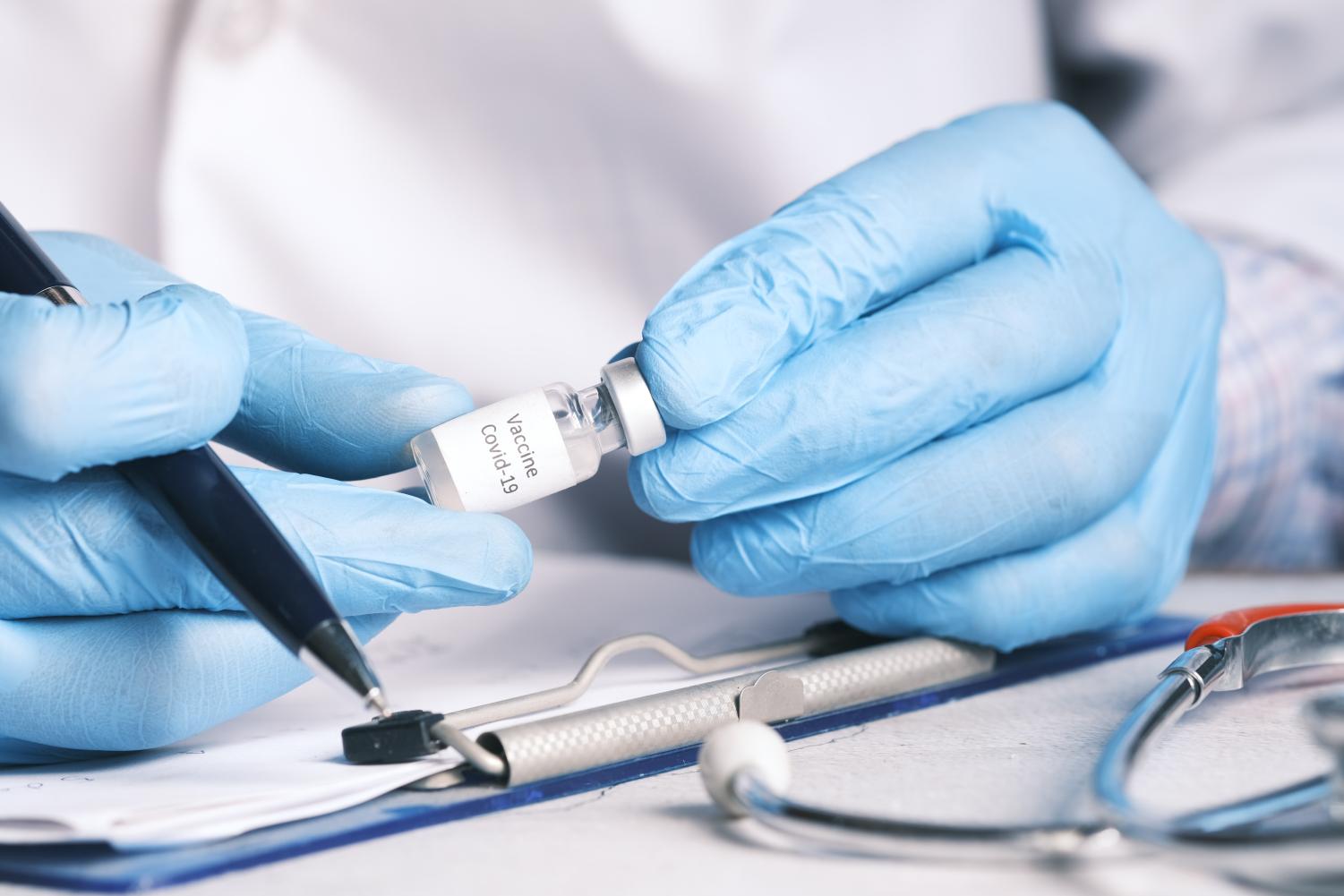Approaching the two-year mark of the coronavirus pandemic, many are eager to return to normal life. According to Dr. Anthony Fauci, chief medical advisor to the president, normalcy may be restored as early as Spring 2022—though only if the “overwhelming majority of people” receive the COVID-19 vaccine. Nationally and internationally, people experienced uncertainty regarding the potential side effects and long-term impacts of the vaccine.
NPR reported 56.5% of the United States population is fully vaccinated. Administration of the vaccine peaked in April 2021 with the U.S. providing over three million doses a day.
The following is a look at some of the controversies, speculations and misinformation regarding the coronavirus vaccine.
Does the coronavirus vaccine cause infertility?
The Claim: The claim that the coronavirus vaccine causes infertility spread as rapidly as the virus itself across social media and other social platforms. Kaiser Family Foundation, a non-profit organization, released a survey in Jan. 2021 that revealed 13% of unvaccinated people in the U.S. heard that “COVID-19 vaccines have been shown to cause infertility.” This caused many women to become skeptical about receiving the vaccine.
The Facts: The Centers for Disease Control and Prevention reported that there is “no evidence that any vaccines, including COVID-19 vaccines, cause fertility problems in women or men.” No unfavorable outcomes occurred during pregnancy-related clinical trials for the COVID-19 vaccine either, including outcomes affecting the baby. Dr. Jennifer Kawwass, a reproductive endocrinologist and associate professor at the Emory University School of Medicine in Atlanta, stated there is evidence that the infection of coronavirus disease in an individual may cause infertility for both males and females, according to NBC News. Though it is unclear whether infertility is directly caused by coronavirus disease, doctors noticed some men have “experienced infertility due to low sperm counts after having COVID.”
The Ruling: False. There is no scientific evidence that the COVID-19 vaccine causes infertility.
Do I need to get the COVID-19 vaccine if I have already had coronavirus?
The Claim: The coronavirus vaccine was made readily available to all Americans over the age of 12. Yet, many question whether they need to receive the shot if they already contracted the virus.
The Facts: As of Oct. 18, over 44 million COVD-19 cases were reported in the U.S. since the start of the pandemic. As a result of the vast amount of cases, the Food and Drug Administration approved the Pfizer and Moderna vaccine for emergency use. The Pfizer vaccine was later fully FDA-approved on Aug. 23.
Experts concluded that not enough data shows how long one is protected by the antibodies provided by the coronavirus after infection. Therefore, they highly encourage individuals to vaccinate regardless of previous infection. According to the CDC, “one study showed that unvaccinated people who already had COVID-19 are more than two times as likely than fully vaccinated people to get COVID-19 again.”
The Ruling: Undetermined, though doctors and experts highly recommend that all individuals 12 and older receive the COVID-19 vaccine unless a serious medical condition prohibits them from doing so.
Researchers rushed the development of the COVID-19 vaccine, so its effectiveness and safety cannot be trusted.
The Claim: The FDA approved the Pfizer and Moderna vaccines in December 2020 for emergency use, and the Johnson and Johnson vaccine was later approved for emergency use in February 2021. Some fear that it was created too quickly given COVID-19 was only declared a pandemic in March 2020.
The Facts: For the FDA to approve a vaccine—for emergency use or for full FDA approval—several steps must be taken to ensure the safety of those who receive it. According to the CDC, the development of the vaccine for the coronavirus began prior to the pandemic.
All vaccines, including the coronavirus vaccine in the U.S., go through three phases of clinical trials to assure the safety and effectiveness of the vaccine. According to the CDC, several of these phases overlapped due to the severity of the pandemic, nonetheless all phases were completed before distribution of the vaccine to the public. Lastly, all clinical trial notes and information is sent to the FDA for authorization and approval.
The Ruling: False. The coronavirus vaccine went through all proper testing and approval phases and has been deemed safe by the CDC and FDA.












